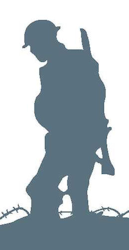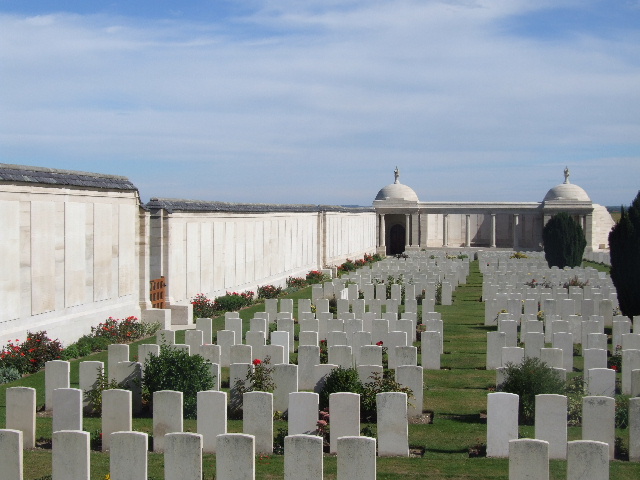Name
Thomas Sydney Schafer
Conflict
First World War
Date of Death / Age
26/09/1915
24
Rank, Service Number & Service Details
Lieutenant
Northumberland Fusiliers
13th Bn.
Awards: Service Medals/Honour Awards
1914 (Mons) Star, British War and Victory Medals
Cemetery/Memorial: Name/Reference/Country
LOOS MEMORIAL
Panel 20 to 22
France
Headstone Inscription
NA
UK & Other Memorials
Not on the Croxley Green memorials,
Not on the Elstree memorial,
North Berwick Memorial,
St. Baldreds Church Memorial, North Berwick
Pre War
Lieutenant Thomas Sydney Schafer younger son of Sir Edward Albert Schafer, of Marly Knowle, North Berwick, Professor of Physiology in Edinburgh University, and his first wife, Maud, eldest daughter of Adolphus William Dixey of Highgate: born Little Gillions, Croxley Green, Herts. 20 May 1891 and christened Croxley Green 25 July 1891; educated Cargillfield, Stanmore Park; Edinburgh Academy; Edinburgh University, where he registered as a medical student in 1909 spending a year studying science, and Caius college, Cambridge (Scholar).
He was a member of the Officers Training Corps at Edinburgh Academy and University; entered the University College Hospital, London as a student of Medicine in 1913, after taking the Natural Science Tripos at Cambridge in 1912.
Thomas moved from Croxley Green to Scotland with the family when Professor Schafer became Professor at the University in 1899. Edward Schafer FRS is listed at Little Gillions in Kelly’s Directory for 1900 and 1901 but by census day in 1901 they were living in Edinburgh. Thomas was unmarried. Probate was granted to his father in 1916. His effects were valued at £256 5s 2d. Thomas’s elder brother, Commander John Sharpey Schafer RN, was also killed.
Wartime Service
Schafer, Thomas Sydney, 2nd Lieutenant, 13th (Service) Battalion Northumberland Fusiliers.
He volunteered for foreign service at the outbreak of war in August 1914; proceeded to France with the Australian Voluntary Hospital in September 1914, and received a commission in the Northumberland Fusiliers on 18 December 1914, with whom he returned to France in August 1915.
He took part in the battle of Loos, including the attack on Hill 70, on 26 September 1915, and although twice wounded in the advance, pushed on, and eventually reached a German trench which had been captured by our troops. This was, however, evacuated soon after. He was subsequently reported wounded and missing, and is now assumed to have been killed on that date.
Acknowledgments
Brian Thomson



